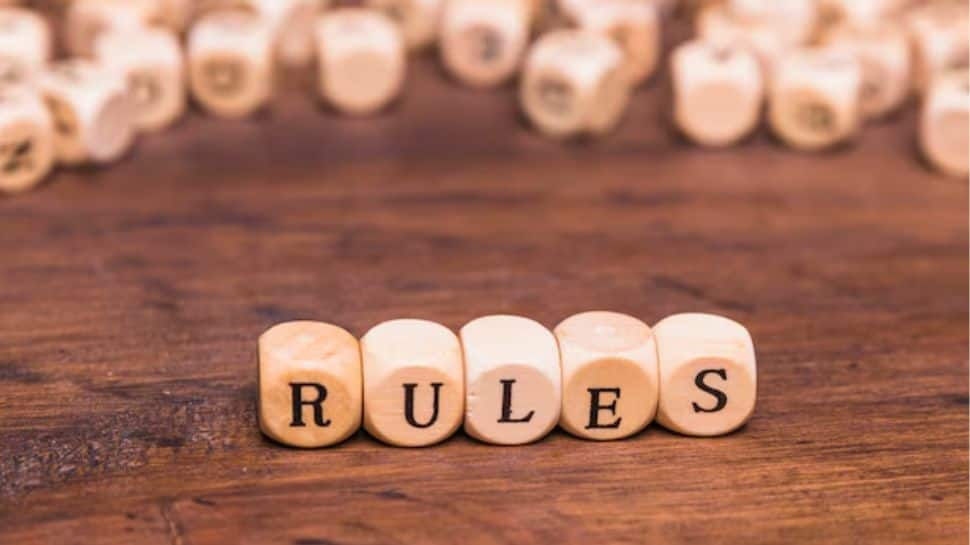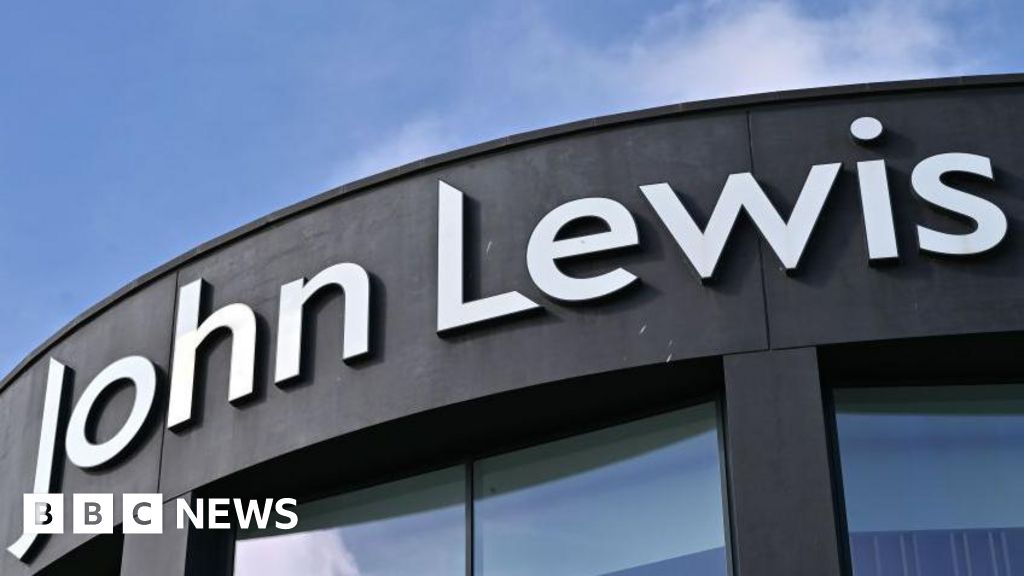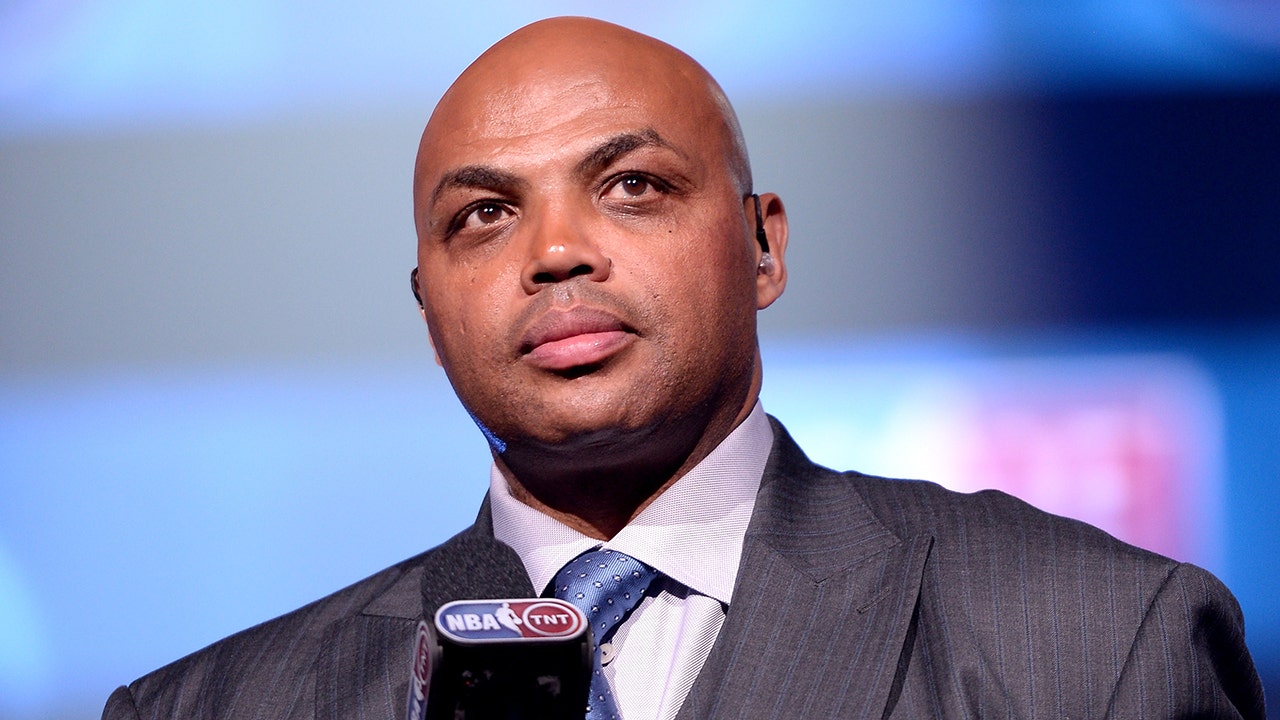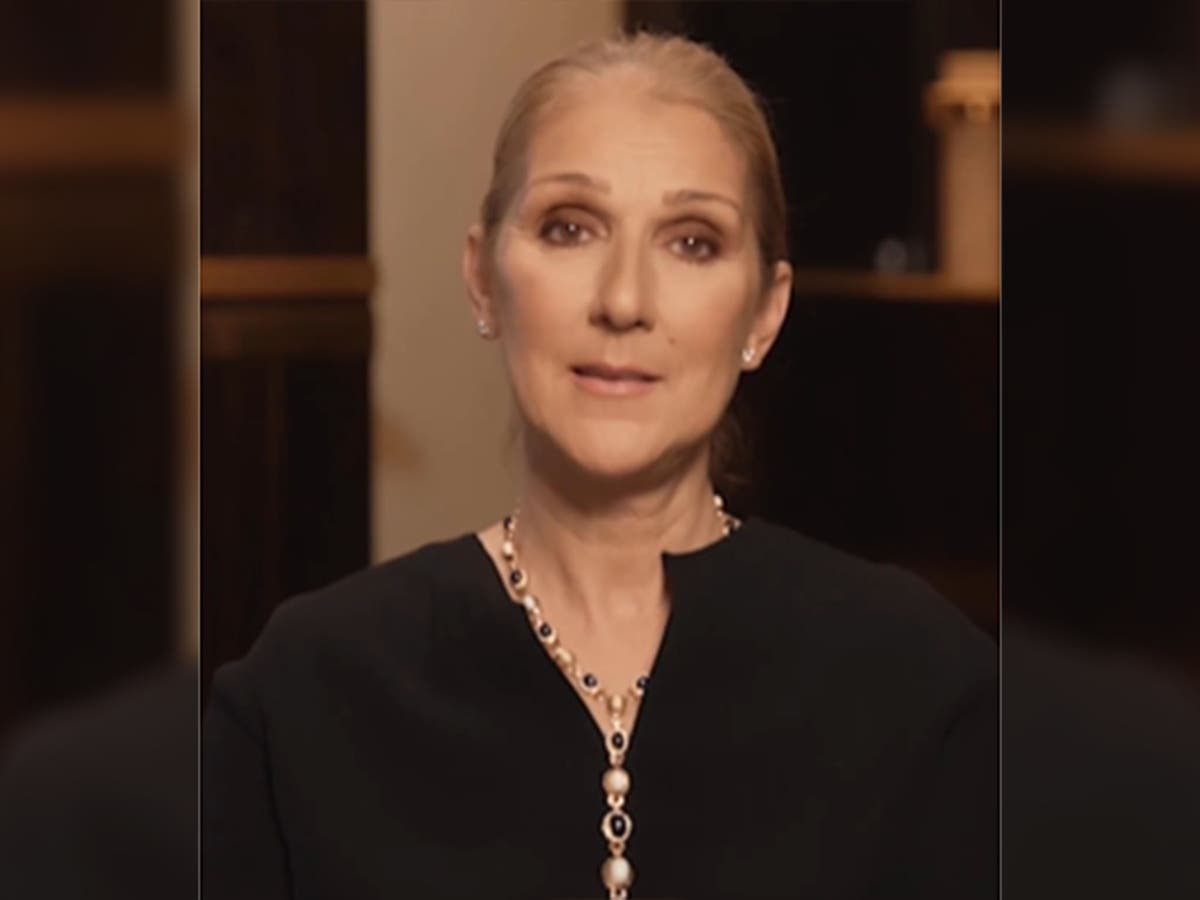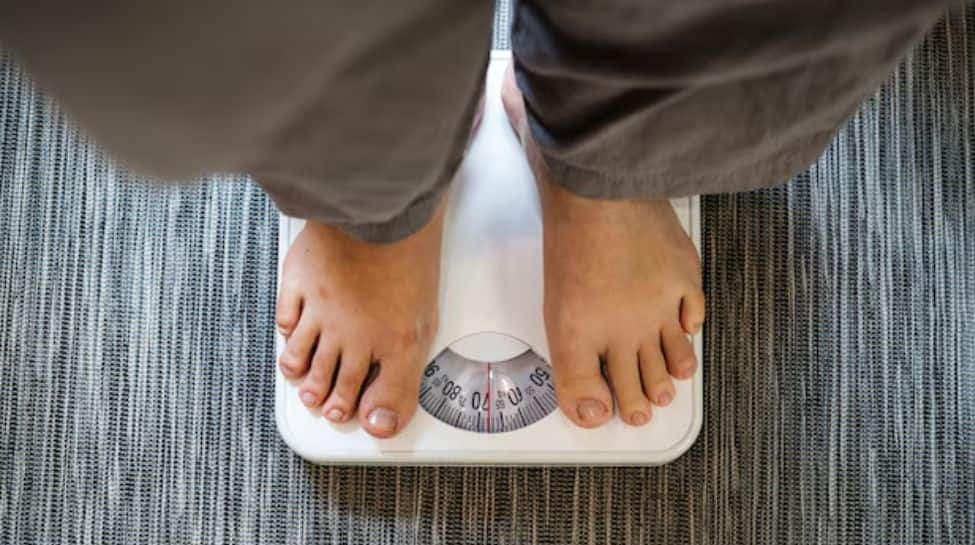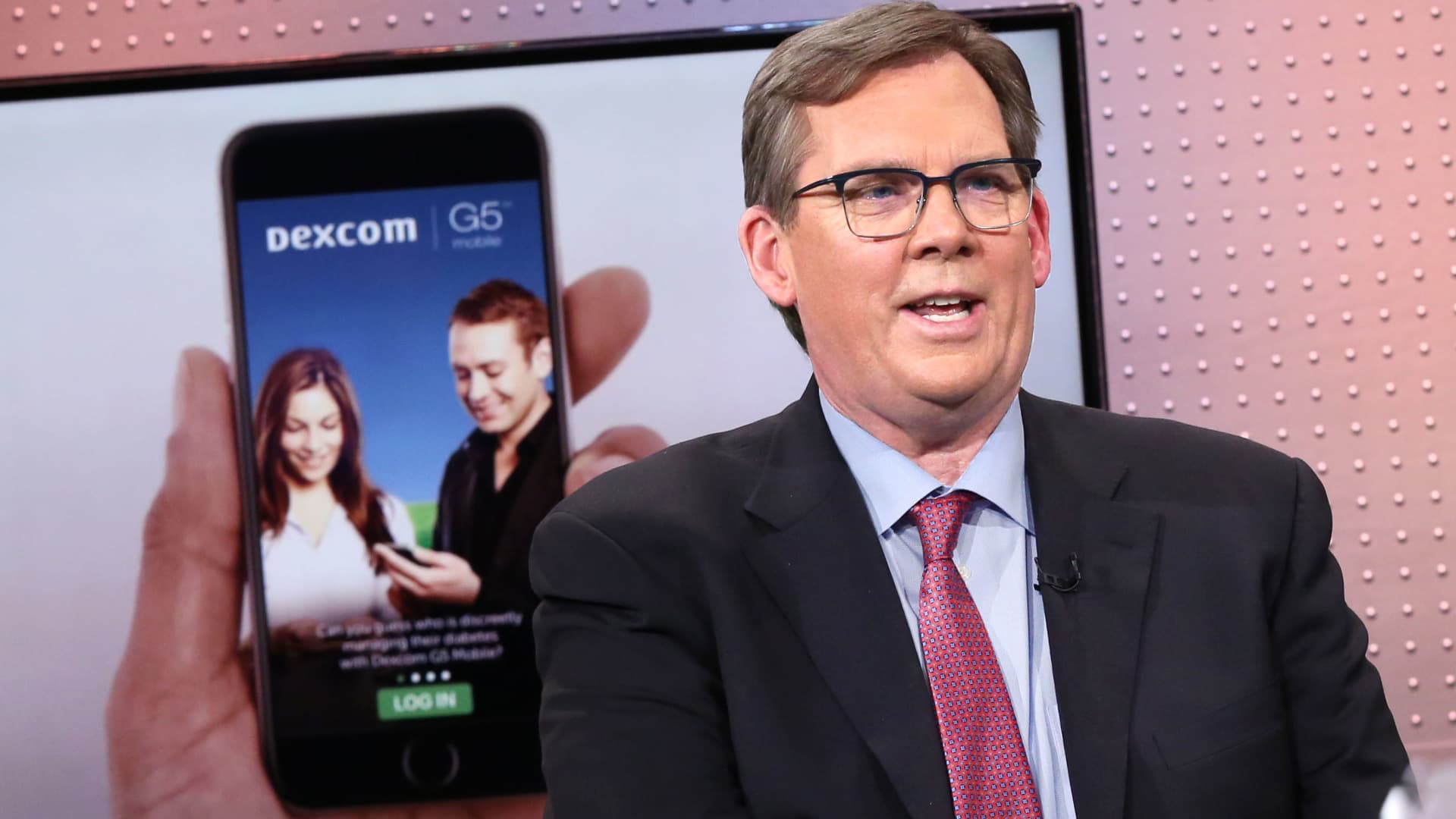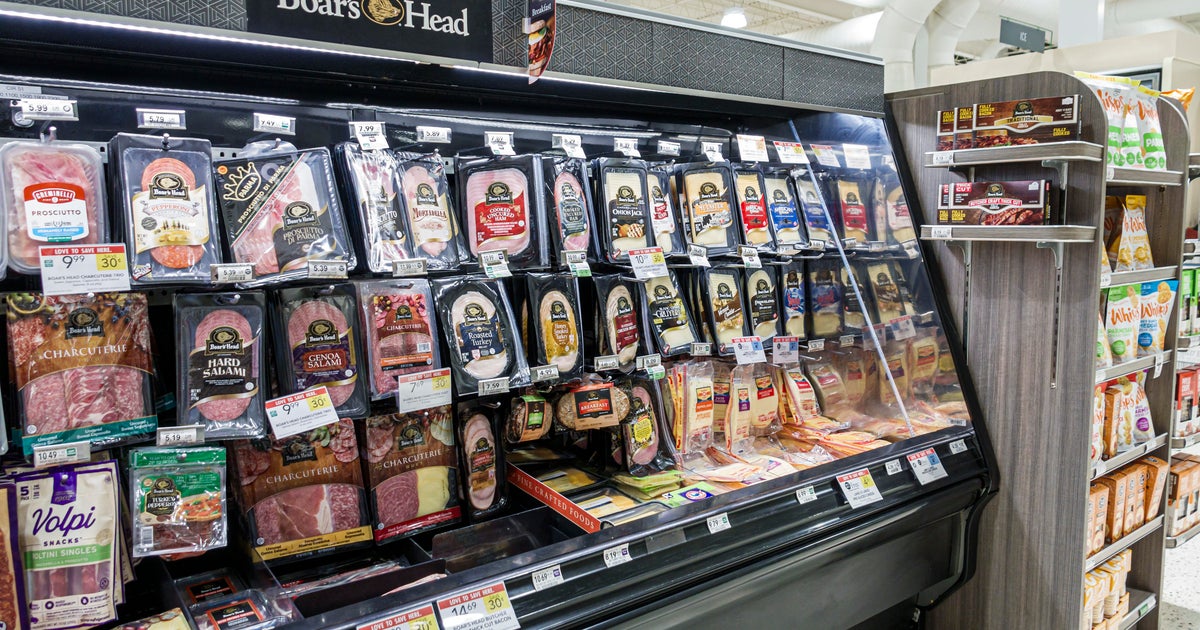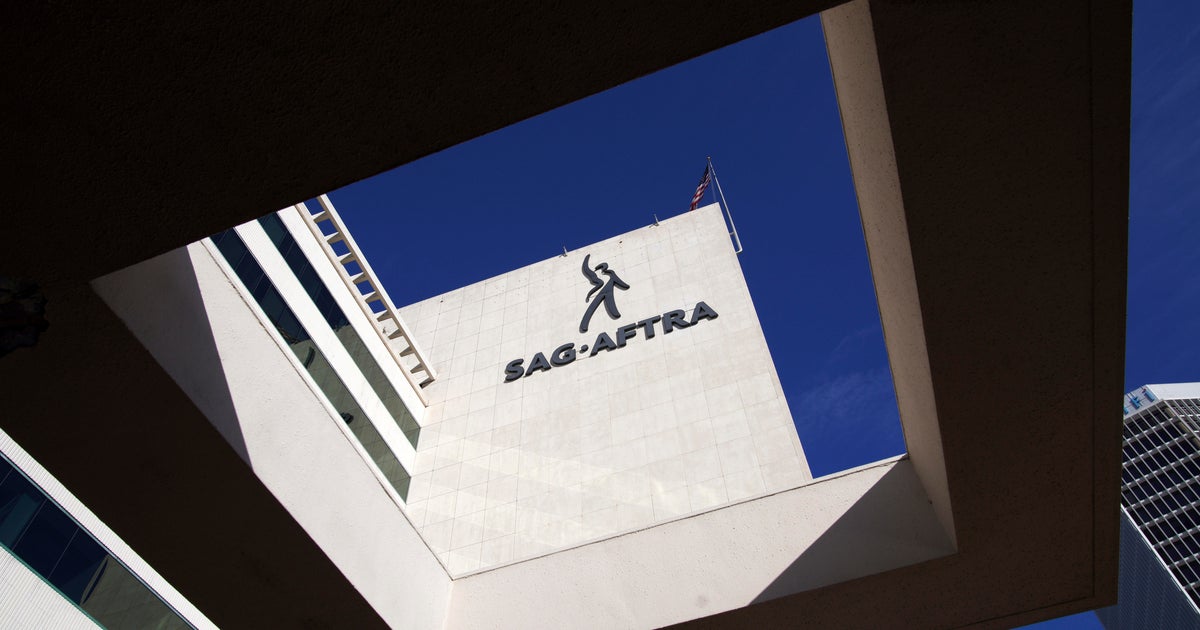“It’s really a case of bad luck,” said Karen Dynan, a professor at Harvard University and former Treasury Department chief economist. “The Biden administration has made some big strides but it’s up against one of the most disruptive economies in decades. Rate cuts would be a welcome development for a lot of people, but the prospects for cuts have really changed given what’s happening with inflation.”
Gasoline prices, in particular, have always played an outsize role in how Americans feel about the economy. The average gallon of gas has been creeping up in the past two months to $3.63 a gallon on Friday, according to AAA. Fears of rising prices could already be weighing on Americans anew, as consumer sentiment fell unexpectedly in April, according to a University of Michigan survey released Friday.
A booming economy can fuel inflation if spending is so robust that consumers are willing to pay ever-higher prices for goods and services. Consumer spending makes up two-thirds of the U.S. economy, and so far Americans have been more than happy to splurge on services like dining out, travel and hotel stays, despite inflation. That’s forced businesses to ramp up hiring — and raise wages — which in turn pushes prices even higher.
Biden aides point out that the current inflation reading, at 3.5 percent, is below what it was at similar points in President Bill Clinton’s and President Ronald Reagan’s tenures, when year-on-year inflation was at 3.6 percent and 4.8 percent, respectively. Both went on to win reelection.
“Our agenda to lower costs on behalf of working families is as urgent today as it was yesterday,” said Jared Bernstein, chair of Biden’s Council of Economic Advisers. “We’re just going to keep our heads down and continue fighting to lower costs from prescription drugs to junk fees to housing and child care.”
For much of his presidency, Biden has struggled with his message on the economy. When inflation first started to beset the country in the months after the pandemic, the president and his team settled on describing it as “transitory,” trying to signal to voters that the spike was temporary and would subside. When Russia invaded Ukraine, the White House started using the phrase “Putin’s price hike,” blaming the war for rising gas prices.
As inflation dropped, Biden try to rebrand “Bidenomics,” originally used derisively by conservative media, in an attempt to gain credit from voters for a booming job market and growing economy. But as economists have struggled to explain the topsy-turvy economy after covid, Biden has struggled, too.
The president and his aides have been frustrated that they have not received more credit for avoiding a recession and passing massive legislation, specifically the infrastructure law and the CHIPS Act, which will transform the United States’ roads and bridges and turbocharge a domestic semiconductor industry. Aides have been divided over how to sell Biden’s legislative accomplishments while many Americans say they are having trouble affording groceries and other household items.
That dispute spilled into public view this week after Politico published audio of former White House chief of staff Ron Klain, who remains close to Biden, criticizing the White House’s economic messaging. During a conference, Klain said Biden spends too much time touting new bridges and not enough on rising prices.
The White House says Biden can, and must, do both.
“He understands what the Americans are facing,” White House press secretary Karine Jean-Pierre told reporters this week when asked about Klain’s comments. “And he’s talked at almost every — every event that he’s had — crisscrossing the country after the State of the Union — about lowering costs, how important it is, and how there’s more work to do. You hear that.”
Now, as inflation heats back up, the White House is under renewed pressure to quell Americans’ economic anxieties. Stock markets tumbled this week as investors realized a rate-cut was no longer imminent.
Bank of America this week said it does not expect the Fed to begin scaling back on interest rates until December, six months later than its original forecast. “We no longer think policymakers will gain the confidence they need to start cutting in June,” Michael Gapen, the bank’s U.S. economist said in an analyst note. It also expects the Fed to cut less than it had previously thought.
The president this week took the unusual step of commenting on the Fed’s next move, saying he stands by his prediction that the central bank will cut rates by the end of the year. Biden has generally been careful to keep his distance from the Fed, saying he respects the central bank’s independence.
In a twist, the election itself could delay the Fed’s plans. Investors generally expect the central bank to steer clear of policy changes in the lead-up to the presidential race, out of concern that it could be seen favoring one candidate over another.
“It’s hard to imagine the Fed cutting rates aggressively before November,” said Glenn Hubbard, a professor at Columbia Business School who served as an economic adviser to President George W. Bush. “I just don’t see it happening — that’s not a political judgment, it’s just arithmetic.”
Inflation, which peaked at 9.1 percent in June 2022, has come down dramatically since then, with meaningful drops in just about every category of goods and services. In some cases, big-ticket items like cars, furniture and appliances, have actually gotten cheaper in the past year.
But in recent months, progress has petered out. Inflation picked up in March — with prices up 3.5 percent from a year earlier, compared with a 3.2 percent increase the month before. A range of basics — including car insurance, women’s coats, pork chops and visits to the vet — were about 3 percent more expensive than they were in February.
Chad Barrett, 36, who owns a solar-panel business in West Palm Beach, Fla., says inflation and high borrowing costs have forced him to reconsider his vote for Biden. Barrett, a lifelong Democrat who once campaigned for Sen. Bernie Sanders (I-Vt.), plans to cast a “protest vote,” either for a third-party candidate or a write-in.
Until this week, Barrett had been hopeful that the Fed would start lowering interest rates in the next couple of months, offering some relief. But that seems unlikely now — which means he’s already getting notices from lenders that his borrowing costs will go up soon.
“All I hear is, ‘This economy is great, it’s amazing,’ but I’m a millennial who doesn’t own a home and everything is going up in cost,” he said. “It’s a mix of disappointment and frustration.”
In his rematch against former president Donald Trump, Biden has increasingly tried to contrast his economic record with Trump’s.
“We’re in a situation where we’re better situated than we were when we took office where we — inflation was skyrocketing,” Biden said at a news conference Wednesday. “And we have a plan to deal with it, whereas the opposition — my opposition talks about two things. They just want to cut taxes for the wealthy and raise taxes on other people. And so, I think they’re — they have no plan. Our plan is one I think is still sustainable.”
As the president struggles to connect on the economy, though, his campaign is eager to focus on the issue of abortion. Democrats have found electoral success since the Supreme Court overturned Roe v. Wade in 2022, and they are spending millions of dollars to remind voters that Trump was the architect of that decision. As states around the country institute even more restrictive abortion bans, Democrats are optimistic the issue will outweigh the economy for core Democratic base voters, but also potentially disaffected Republicans.
In Fultonville, N.Y., Pam Marshall and her community have been hit hard by rising prices. But the single mom, who left the Republican Party after the Jan. 6 attack, says abortion rights take precedence over economic issues. She plans to vote for Biden in November.
“Everyone here is struggling — I’m giving money to my son and his family, I see folks standing in line at the food bank,” said Marshall, an IT project manager. “But we need a functional government.”






